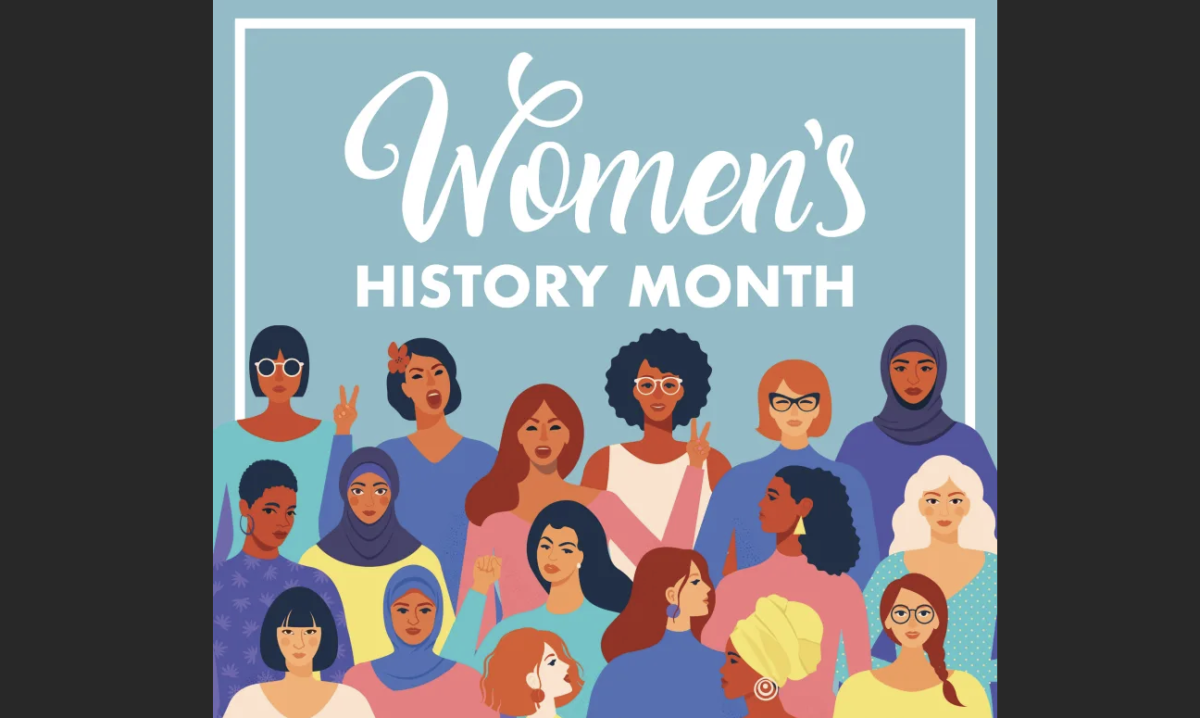Women’s History Month is celebrated in March each year to recognize and honor the contributions of women throughout history. This special month is dedicated to highlighting the achievements, struggles, and progress made by women in various fields such as politics, science, arts, and society as a whole.
The reason why we have Women’s History Month dates back to the early 1900s when women began demanding equal rights and recognition for their accomplishments. Before this, women’s roles and achievements were often overlooked or minimized in history books and mainstream narratives. Women’s History Month serves as a reminder of the significant impact women have had on shaping our world despite facing discrimination and barriers based on their gender.
One of the main goals of Women’s History Month is to educate people, especially young girls, about the important roles women have played in history. By learning about influential women from the past, present, and future, individuals are inspired to challenge stereotypes, pursue their passions, and strive for gender equality.
Celebrating Women’s History Month is not only about looking back at the achievements of remarkable women but also about acknowledging the ongoing fight for gender equality and women’s rights. It serves as a platform to raise awareness about issues such as gender bias, pay inequality, and underrepresentation of women in leadership positions.
By recognizing and celebrating Women’s History Month, we honor the resilience, strength, and determination of women who have paved the way for future generations. It is a time to reflect on the progress that has been made and the work that still needs to be done to achieve true gender equality in all aspects of society.
In conclusion, Women’s History Month is a time to celebrate the diverse and invaluable contributions of women to our world. It is a reminder of the importance of gender equality, empowerment, and inclusivity for a more equitable and just society for all.














